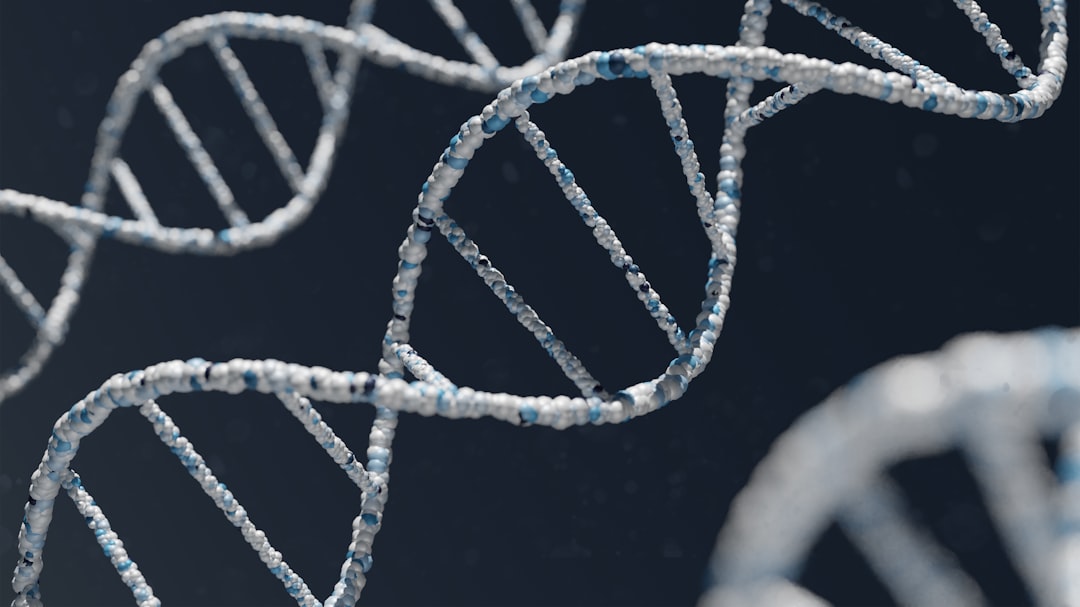What is it about?
Critical thinking is a unique set of thinking skills that can complement clinical decision making, especially in an evidence-based context. Three sets of skills are involved. First is to understand and evaluate the clinical situation, while appreciating how your own biases and assumptions might be influencing this task. Second is to cultivate one's attitudes towards forming and changing beliefs, such as a willingness to be open-minded and fair-minded. Third is to be aware of various thinking biases, such as confirmation bias, that are perfectly natural and useful in many instances; but can trip us if we're not careful especially in a helping relationship. A brief look at how critical thinking might be taught is included.
Featured Image
Why is it important?
As helping professionals we have the best of intentions because we want to help people and make a positive difference in their lives. But good intentions won't be good enough if we don't also have good thinking skills to guide those good intentions.
Perspectives
Writing this article was my first step in promoting critical thinking as a professional competency. The content of the article is basically an overview of an undergraduate course I teach on critical thinking for the helping professions.
Dr. Patrick Finn
University of Georgia
Read the Original
This page is a summary of: Critical Thinking: Knowledge and Skills for Evidence-Based Practice, Language Speech and Hearing Services in Schools, January 2011, American Speech-Language-Hearing Association (ASHA),
DOI: 10.1044/0161-1461(2010/09-0037).
You can read the full text:
Contributors
The following have contributed to this page










